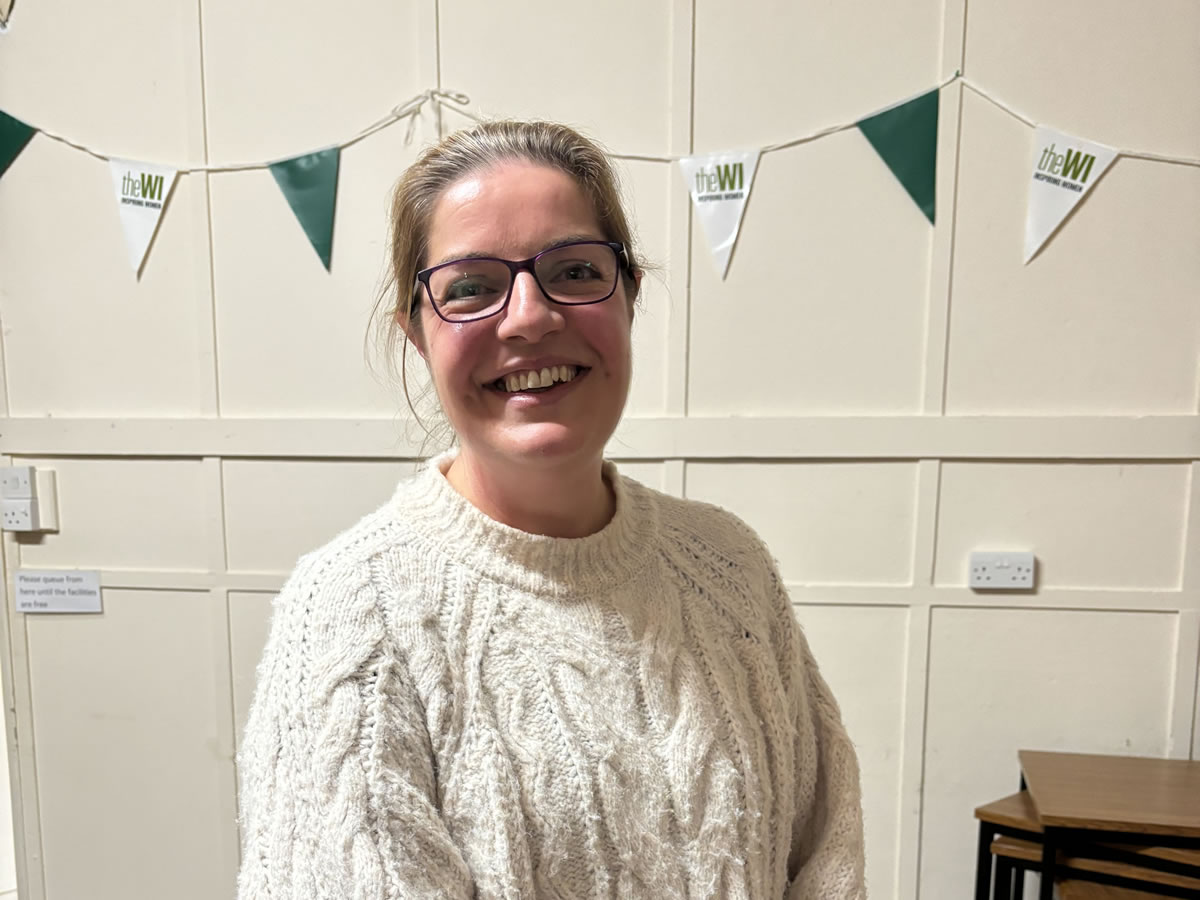‘By the moonlyght I must go to my boke’ was the title of Kate Jewell’s talk and she gave us an intriguing look at medieval education in Suffolk.
All children were ‘learning’ even if it was just housekeeping and farming practice but only the lucky few actually went to school. Schools were run by the church and pupils, all boys, were expected to train to be priests or lawyers and come back to the parish to serve the community.
They learned the alphabet (without j or w which are later additions), prayers in Latin and English, serving the priest, articles of the faith, the Ten Commandment, the seven deadly sins and the seven sacraments. They learned by chanting which is why they are sometimes referred to as Song Schools.
Although there is not a lot of written evidence of education, we know from the notebooks of Sir John Hopton of Thorington that his ward, Geoffrey Weston needed shoes, pattens, a cap, candles and a quire of paper when he went off to board at school in Covehithe.
A bright child of a lower class might be identified by the priest as worth educating and permission would be sought from the Lord of the Manor to send him to school. The Lord would then employ the boy to help run his estate, or serve as a priest.
Older boys went to Grammar Schools where they learned by ‘opposing’. The Master would ask them a question about daily life, the pupil had to reply in Latin, translate back to English and write it down.
These are known as Vulgaria and many have survived. We were amused to learn from one boy that he hated getting up early, was always hungry and missed home where his mother fed, clothed spoiled him. His is the quote in the title of the talk. Some things don’t change!
Some girls were educated in convents along with the novice nuns but evidence of this is rare. After the Reformation, no monasteries meant no schools either, but in the reign of Edward VI they were reinstated which is why so many are named in his honour.
Another excellent talk by a popular speaker !
Dorothy Anderson
